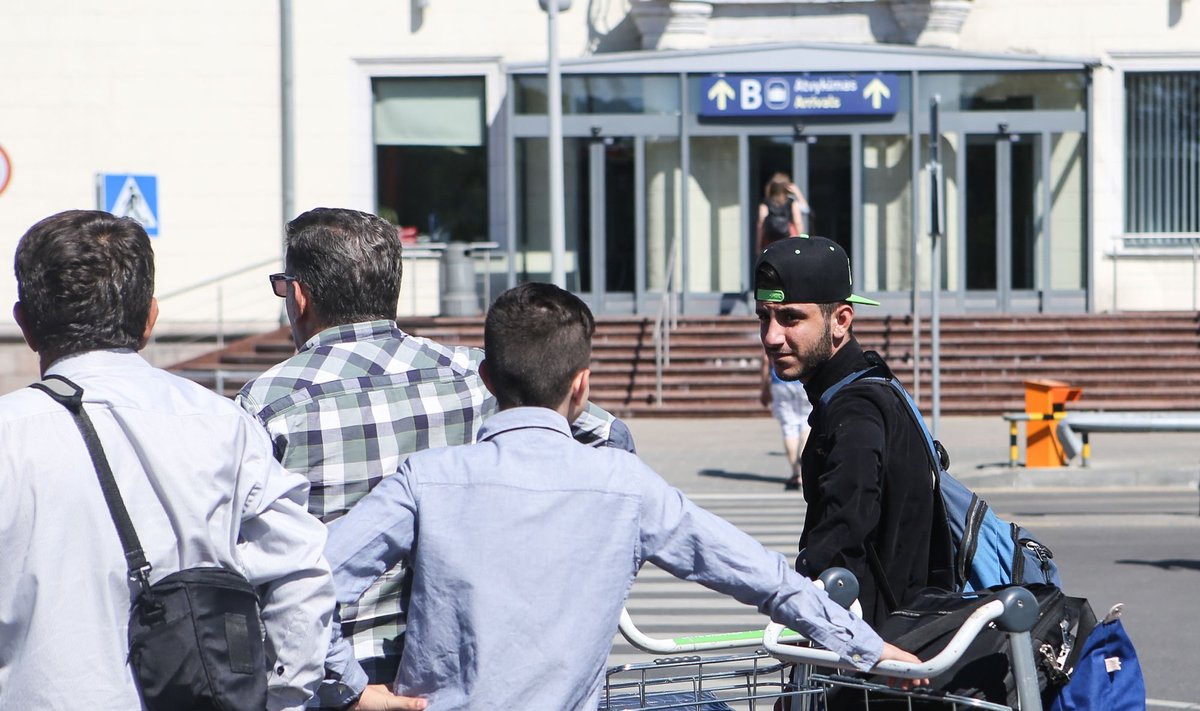"There is no alternative to the return procedure," he told the parliamentary Committee on National Security and Defense.
Although a significant number of migrants will reach the 12-month detention limit in the summer, the situation is unlikely to change dramatically, according to the official.
"In July, it will probably be 12 months since their arrival in Lithuania. Little will change," Abramavicius said.
"That time limit can be extended to 18 months by the court on a case-by-case basis, but that applies to restrictions on movement, not detention," he added. "All those affected will have to go through the return procedure."
Under the law, a foreign national cannot be detained in Lithuania for more than six months, except in cases where they do not cooperate in the process of their expulsion from Lithuania or when the documents required for their expulsion are not received. In such cases, the period of detention may be extended for an additional period of up to 12 months.
According to the vice-minister, about 2,700 irregular migrants currently live in Lithuania's five foreigner registration centers and about 70 asylum applications are being processed.
Abramavicius said around 1,000 migrants have agreed to return home voluntarily.
"A certain threshold has been reached where those who wanted to return have already taken the opportunity to do so, and it is very difficult to convince the others," he said. "They hope that their status will change in 18 months, if not in 12 months."
However, it is not possible to return a foreign national to their country of origin, it will be five years before they can be issued a temporary residence permit, according to Abramavicius.
„We still have enough time to complete these procedures. The European Commission is certainly doing a lot of work to make their return possible," he said.
Almost 4,200 irregular migrants crossed into Lithuania from Belarus illegally last year.
Lithuania and other Western countries accuse the Minsk regime of orchestrating the unprecedented migration influx, calling it "hybrid aggression".
